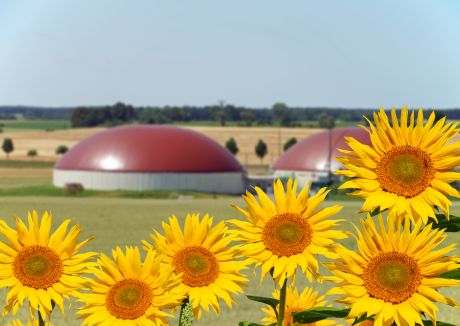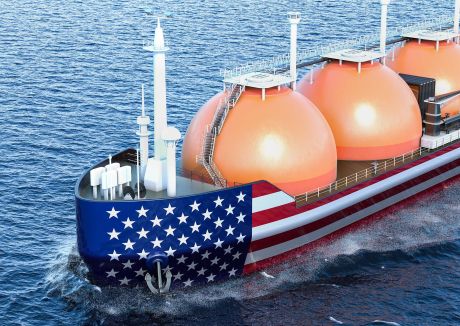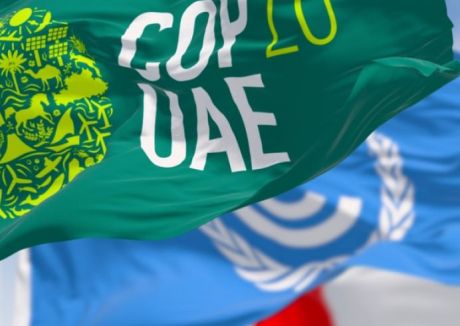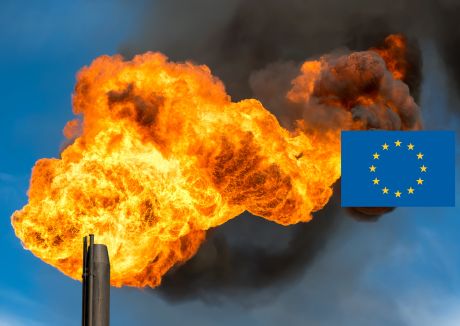In his 1904 poem, “Waiting for the Barbarians”, the Greek poet Constantine P Cavafy imagined a day in an ancient city where life has ground to a halt as it anticipates the arrival of a barbarian horde. The poem is an exchange between two of its citizens.
“Why isn’t anything happening in the senate? Why do the senators sit there without legislating?” asks one of the duo.
His friend responds: “Because the barbarians are coming today. What laws can the senators make now? Once the barbarians are here, they’ll do the legislating.”
The atmosphere in the city is tense. The emperor sits at its main gate “on his throne, in state, wearing the crown.” He’s eager to make a good impression on the barbarians.
The city’s consuls and praetors also are ready to receive the barbarians. They’ve put on their finest jewellery and carry elegant canes worked with silver and gold, as “things like that dazzle the barbarians.”
But as night falls, the city’s inhabitants grow restless and confused. The squares empty rapidly. Everyone is heading home “so lost in thought,” Cavafy writes. The barbarians have failed to arrive. Rumour has it they don’t exist.
“And now, what’s going to happen to us without barbarians?” one of the citizens asks. “They were, those people, a kind of solution.”
Cavafy’s poem could not be any more apt when thinking of the current sentiment in the LNG industry.
For at least two years, the conventional wisdom in the LNG industry has been that the market is on the brink of a period of surplus. Read through the lens of his poem, Cavafy’s barbarian horde is the surplus. Its chief cause will be new liquefaction projects ramping up in the US and Australia, some of which were commissioned in 2016, while others are due for start-up in 2017.
The naysayers within LNG’s ancient fortifications claim the surplus will lead to depressed LNG prices and, potentially, capacity shut-ins. It’ll be the end of LNG as we know it.
“We’re just at the start of the ramp-up,” a LNG Business Review source said recently. “It will have a profound effect on price and trade patterns.”
As with the perceived loss of every golden era – in this case the decades when long-term contracts with Asian buyers reigned supreme – there has been plenty of mourning.
“The slowdown of LNG demand in Japan and Korea has been disturbing,” lamented a delegate at an industry event in Barcelona at the end of 2016.
Few doubt that long-term LNG contracts will remain at the core of LNG supply. But even buyers in Japan wish to see change in the way deals are done. For seemingly over-committed Asian utilities, easing destination restrictions in contracts would be very important, Hiroki Sato, senior executive vice president of JERA – Japan’s largest LNG buyer – said at the same Barcelona event.
But say the “barbarians” exist. They could, after all, be a friendly folk. Many LNG market participants exclaim that these are good times for buyers.
“If the industry faces a long market, it will lead to lower LNG prices,” Amani Al-Azzam, secretary general of Jordan’s ministry of energy, told LNG Business Review in a 17 January interview. “This will encourage many consuming countries, including Jordan, to maximise their use of natural gas.”
What has been for some the lamentable decline of imports by the Far East’s key LNG players, Japan and Korea, has been offset to a great extent by a sharp rise in imports by other gas-hungry countries in Asia, such as Pakistan, India, Egypt and China. They could soon be joined by Sri Lanka and Bangladesh.
Many of these new markets are opening up thanks to floating storage and regas technologies. From the moment a project is conceived, start-up can take place in a matter of months, not years.
“We are likely to see more markets open up overnight,” another industry source told LNG Business Review at the Barcelona event. “We’ve had Jamaica, Malta, Pakistan, Egypt, Jordan. Who knows what other countries we’ll see move towards LNG – we may have complete newcomers by the end of 2017. Even Germany may opt for regas.”
Just like the great and mighty of Cavafy’s city, an increasing amount of voices within the LNG industry insist LNG needs to embark on a charm offensive in countries that have yet to use gas, countries where coal and oil still dominate.
Furthermore, some producers sitting on great volumes of gas, are “flailing about” (as a LNG Business Review source put it), looking for new uses for the excess gas they have. A solution is LNG’s adoption as transport fuel. Small inroads are already being made in that direction.
Also, there are plenty of hurdles to be overcome when it comes to public perceptions of LNG, which some senators argue are not being properly addressed.
All in all, as the LNG outlook for 2017 published by Gas Strategies on 31 January concluded, there are some possible indicators of a future that doesn’t see the LNG market out of balance in the period to 2025 to the extent previously anticipated. There may be some among the world’s suppliers who – injured, perhaps, by the oil slump – are holding the surplus “horde” behind.
Delays in new liquefaction start-ups, allied to a potentially more rapid decline of production in mature LNG projects could continue as strong demand growth from the new kids on the importing block – China, India, South Asia and the Middle East – gallops away. There are many in the industry who believe that, thanks to these new markets, the glass is certainly half full for LNG.
New demand’s ability to absorb unexpectedly large volumes of LNG looks set to be the main defender of LNG against the arrival of the “barbarians”, who may end up vanishing into thin air just as they come within sight of the city’s walls. And for as long as they drive change in the LNG industry – be it commercial, technological, or even psychological – the “barbarians” will always offer a kind of solution.
Gas Strategies is a global specialist professional services organisation providing commercial energy advisory services across all continents, through consulting, training and information services.
If you would like more information about how Gas Strategies can help your business with Consulting services across the value chain or provide industry insight with regular news, features and analysis through Information Services or help with people development through Training services, please contact us directly.









